Software Development Partner: How to Choose Wisely

You know you need to build great software, but the internal capacity, specialized skills, or speed might not be there. The question has shifted from if you should partner externally to how to choose a software development partner who will truly become a strategic asset. This isn’t about outsourcing tasks; it’s about insourcing capability, innovation, and velocity. The right partner doesn’t just build what you ask for; they help you discover what you need to build to win. In this guide, we will explore how to assess collaboration models, and the top criteria executives should weigh to ensure long-term success.
What Defines a Strong Software Development Partner?
When organizations talk about a software development partner, they rarely refer to a vendor who simply delivers code. A true partner extends your capabilities, aligns with your goals, and shares accountability for outcomes. This shift—from transactional vendor to strategic ally—is what separates companies that build technology from those that build advantage.
A strong partner demonstrates more than technical skills. They provide:
- Strategic Empathy: They seek a deep understanding of the “why” behind your business goals, ensuring every technical decision maps a commercial objective.
- Adaptive Intelligence: They possess the architectural fluency and process agility to pivot with market shifts, treating change not as a scope creep, but as a source of innovation.
- Shared Destiny: They tie their success metrics to yours, moving beyond contractual SLAs to a shared commitment for user adoption, market penetration, and ROI.
- Cross-Functional Fluency: They integrate software engineering with product thinking, UX research, and domain expertise, creating solutions that are not just technically sound, but commercially brilliant.
What truly sets a custom software development partner apart is their ability to “think along” with you-they challenge your assumptions, co-create solutions, and share accountability for the final outcome. This relationship fundamentally transcends a typical transactional vendor-client dynamic.
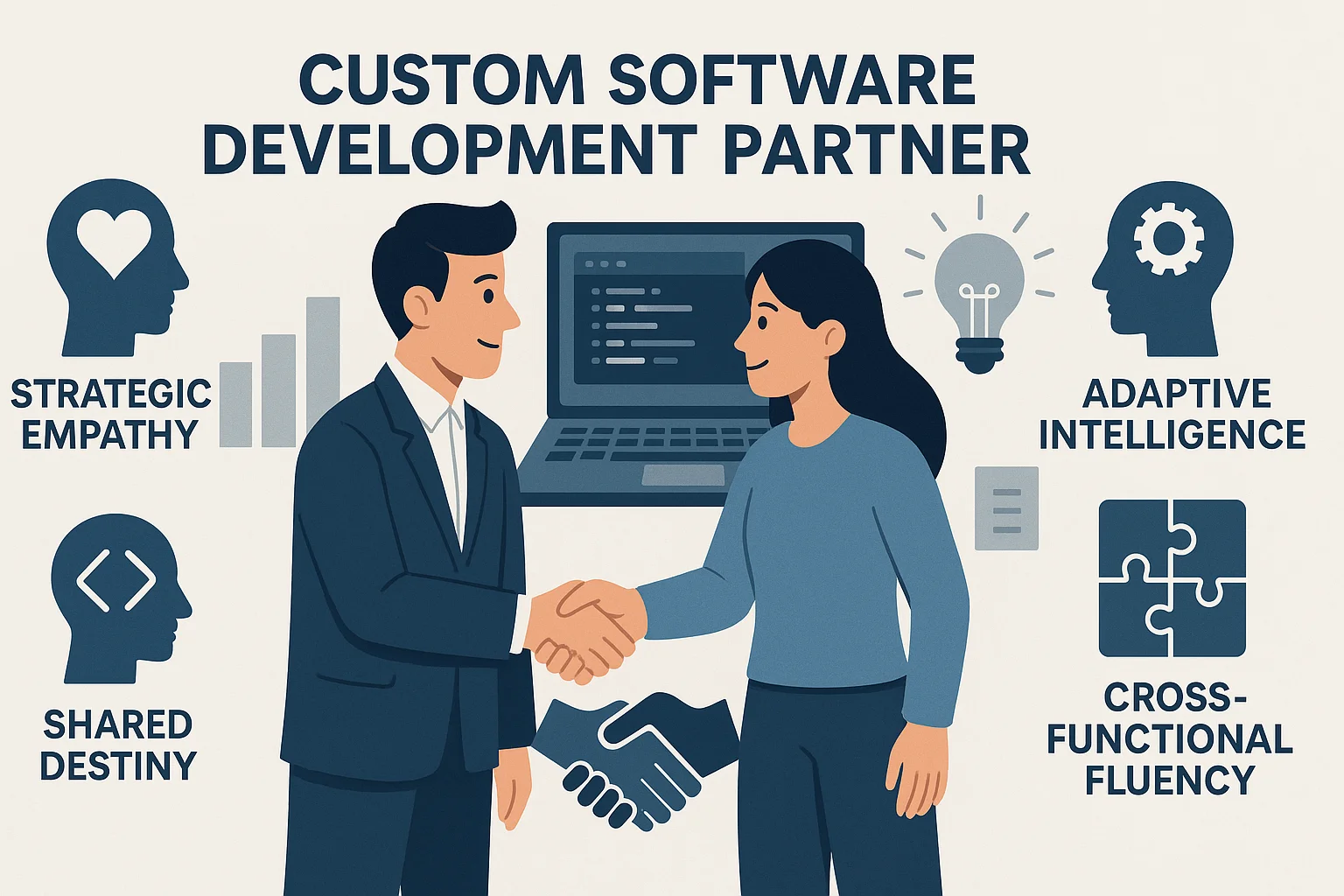
Which are the Benefits & Challenges of a Software Development Partner?
By turning to outsourcing, they often gain access to capabilities that would be costly or time-consuming to build in-house. Yet, these benefits come with trade-offs that you must weigh carefully.
| Key Advantages | Associated Challenges |
| Broader access to expertise – Partner provides multidisciplinary teams covering DevOps, product design, QA, cloud, and business analysis. | Knowledge gap risk – Reliance on external expertise may weaken in-house skills over time. |
| Acceleration of delivery – Global delivery centers and Agile frameworks help reduce time-to-market. | Coordination overhead – Different time zones and workflows can slow down communication. |
| Strategic resource allocation – Free internal teams to focus on growth, customer engagement, or data strategy. | Loss of control – Externalizing critical tasks may limit visibility and influence outcomes. |
| Risk diversification – Multiple delivery hubs reduce exposure to local disruptions. | Security concerns – Data protection and compliance require rigorous oversight. |
The benefits of a reliable software development partner far outweigh the risks—if you choose wisely. The key is not whether to outsource, but how to structure and manage the relationship to maximize upside while mitigating challenges.
How to Choose the Right Software Development Partner?
Selecting a software development partner is less about intuition and more about focusing on what truly drives long-term success. The process becomes much easier when you concentrate on a few core factors and follow a simple, structured path.
What to Look For
- Solid technical expertise with modern stacks and scalable architectures
- Experience in your industry and understanding of compliance requirements
- Transparent communication, Agile delivery, and cultural fit
- Strong commitment to security, IP protection, and clean coding practices
- A track record of results backed by case studies and client references
Even with clear criteria, the process of choosing the right partner can feel overwhelming. The following 4steps provide a structured path. Executives often face competing priorities-speed, cost, innovation-and need a pragmatic approach.
Steps to Decide
Step 1: Define Needs and Goals
Start with clarity. Align user needs, desired outcomes, and core features. If your scope is uncertain, seek a partner who can offer strategic guidance and help set realistic roadmaps.
Step 2: Research & Engage
Study portfolios and testimonials, but don’t stop there. Conduct discovery calls to test communication and alignment. A true partner listens, challenges assumptions, and adds ideas.
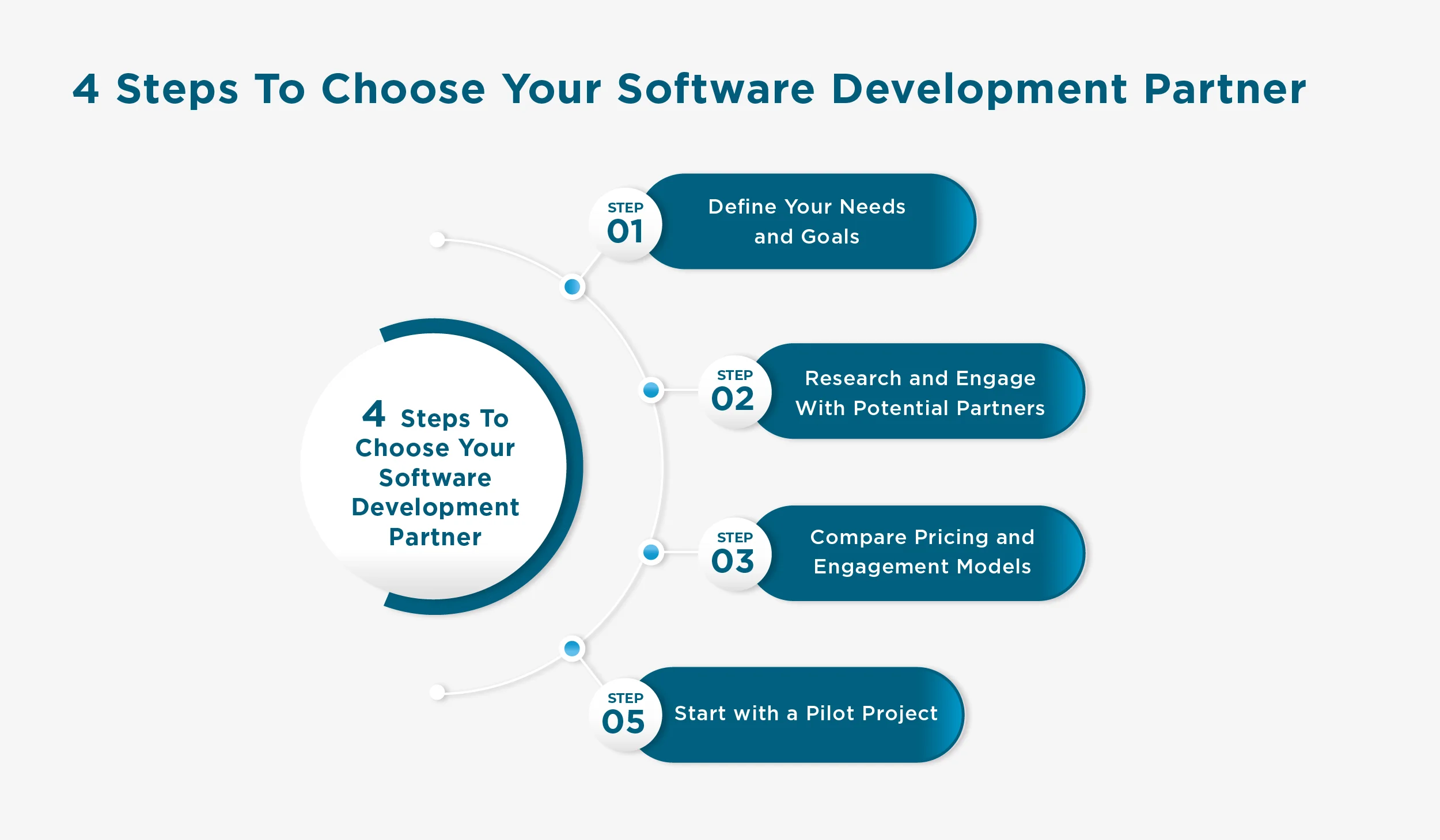
Step 3: Compare Pricing & Engagement Models
Balance risk and flexibility. Fixed price works for well-defined scopes, T&M offers adaptability, and hybrid models can combine both. Avoid focusing solely on cost; hidden trade-offs often emerge.
Step 4: Start with a Pilot Project
Validate before committing. A pilot lets you assess technical ability, communication, and cultural fit with minimal risk.
Choosing the right custom software development partner is less about speed and more about precision. By following these steps, you shift from guessing to knowing, ensuring a foundation for long-term success.
Software Development Outsourcing Engagement Models
Even the best partner will struggle under the wrong engagement model. The structure of collaboration shapes how well teams align, how quickly they deliver, and how costs are managed. Understanding your options is essential.
| Model | Description | Ideal For |
| Onshore | Partner is located within your own country. | Projects requiring maximum communication, cultural alignment, and frequent in-person collaboration, with less budget sensitivity. |
| Offshore | Partner is located in a distant, often lower-cost country. | Cost-sensitive projects with well-defined requirements where a significant time-zone difference can be leveraged for a follow-the-sun development cycle. |
| Nearshore | Partner is located in a nearby country with overlapping time zones. | Teams seeking a balance of cost efficiency, cultural similarity, and convenient collaboration hours for real-time communication. |
| Dedicated Team | A full team (developers, PM, QA) is dedicated exclusively to your projects. | Long-term, evolving projects that require deep domain knowledge, high flexibility, and full integration into your workflows. |
| Project-Based | A fixed-scope, fixed-price model for a one-time, well-defined project. | Short-term initiatives with crystal-clear requirements, stable scope, and a fixed budget. |
| Hybrid | A customizable combination of other models (e.g., Fixed-Price for core features + T&M for iterative improvements). | Complex projects with a mix of well-defined and exploratory elements, offering a balance of predictability and flexibility. |
No single model is universally superior. An offshore software development partner may be ideal for cost-sensitive projects, while a nearshore software development partner strikes a balance between cost and collaboration. The right choice depends on your budget, timeline, and strategic goals.
The next step is to find a partner flexible enough to tailor them to your needs. Explore our dedicated IT Outsourcing services to see how we build these collaborations for success.
Why Choose Newwave Solutions as Your Software Development Partner?
In a global market full of vendors, standing out requires more than technical capacity. At Newwave Solutions, we combine over 14 years of experience, a team of 300+ experts, and a track record of 800+ projects for 200+ clients worldwide.
We translate complex business challenges into powerful digital solutions through:
- Custom Software Development: Building scalable, robust applications tailored to your unique processes.
- Web App Development: Creating complex, data-driven platforms that drive efficiency and growth.
- Emerging Technology Services: Leveraging Blockchain, AI, and IoT to create competitive advantages.
- Mobile App Development: Delivering seamless native and cross-platform user experiences.
- IT Outsourcing: Providing flexible dedicated teams and project-based solutions.
The true measure of our work is shown in the solutions we deliver. For example:
Real Estate Management Platform
We developed a comprehensive platform featuring an integrated member management system. This solution automated critical workflows like member onboarding and payment tracking, centralizing the client’s operations into a single, efficient source of truth.
Blockchain Card Game
We provided end-to-end software development for a strategic trading card game, delivering secure blockchain integration and an engaging user interface. This project showcased our ability to execute complex, emerging technology solutions from concept to launch.
What truly defines us is our partnership approach. We treat every project as a collaborative journey, ensuring technical execution is always aligned with your business goals. Whether you need a dedicated team, a nearshore extension, or expertise in emerging technologies, we commit to delivering transparency, agility, and a focus on your long-term success.
FAQs
Why should I hire a software development partner instead of building an in-house team?
Building an in-house team requires significant time and resources: hiring, onboarding, infrastructure, and ongoing training. A software development partner gives you immediate access to specialized expertise, proven processes, and scalability. This allows you to focus on your core business while the partner manages development risks, accelerates delivery, and keeps costs predictable.
How do I know if I need a software development outsourcing partner?
You may need an outsourcing partner if your in-house team lacks certain technical skills, if you’re struggling to scale quickly, or if budget constraints make local hiring difficult. Many organizations also choose outsourcing partners to accelerate time-to-market, access global talent, or gain industry-specific expertise that would take years to build internally.
What industries benefit most from software development partners?
Nearly every industry can benefit, but high-value use cases are often found in Fintech, Healthcare, Retail & eCommerce, Supply Chain, Education, and Real Estate. In these sectors, technology adoption is moving fast, regulations are strict, and competition is high making a reliable partner critical for long-term success.
How do software development partners ensure security?
Newwave Solutions follows international standards such as ISO 27001 and GDPR compliance. They implement strong encryption, role-based access, secure development practices, and regular audits. Additionally, legally binding NDAs and IP agreements protect your ideas and data. Asking detailed questions about their security framework is essential before signing a contract.
How do I evaluate the technical expertise of a software development partner?
Look beyond generic skill listings. Ask for specific case studies in your industry, review the complexity of past projects, and request to speak with technical leads. Evaluate whether they have expertise in scalable architectures, cloud-native solutions, and modern AI capabilities. Also, inquire about internal processes like code reviews, DevOps practices, and security certifications.
How do I compare pricing models without sacrificing quality?
Pricing should be evaluated in the context of value, not just cost. For instance, a Fixed Price model can seem predictable but often includes hidden buffers of 15–20% for risk. Time & Materials provides transparency but requires strong governance. Advanced clients often prefer hybrid models—fixed price for well-defined features and T&M for iterative elements. The key is aligning the pricing structure with your project’s volatility and risk appetite.
What are the biggest risks when choosing a software development outsourcing partner?
The major risks include misaligned expectations, poor communication, weak security, and lack of scalability. Advanced clients mitigate these by using pilot projects, negotiating clear SLAs, and reviewing NDA and IP protection clauses upfront. Additionally, evaluating cultural fit and collaboration style is as important as technical skills.
How do I transition from a vendor relationship to a long-term partnership?
The transition requires trust built over time. Start with a pilot project to test capabilities. If the partner delivers consistently, gradually expand their responsibilities. Integrate them into your planning cycles, share business context, and encourage joint ownership of outcomes. Over time, a reliable vendor evolves into a strategic software development partner who actively contributes to innovation and growth.
Final Thoughts
Choosing the right software development partner is a strategic move that shapes speed, innovation, and long-term growth. Don’t just hire developers—partner with a team that shares your goals and delivers measurable results. If you’re ready to take the next step, connect with Newwave Solutions and let’s build your future together.
To Quang Duy is the CEO of Newwave Solutions, a leading Vietnamese software company. He is recognized as a standout technology consultant. Connect with him on LinkedIn and Twitter.

Read More Guides
Get stories in your inbox twice a month.
Let’s Connect
Let us know what you need, and out professionals will collaborate with you to find a solution that enables growth.
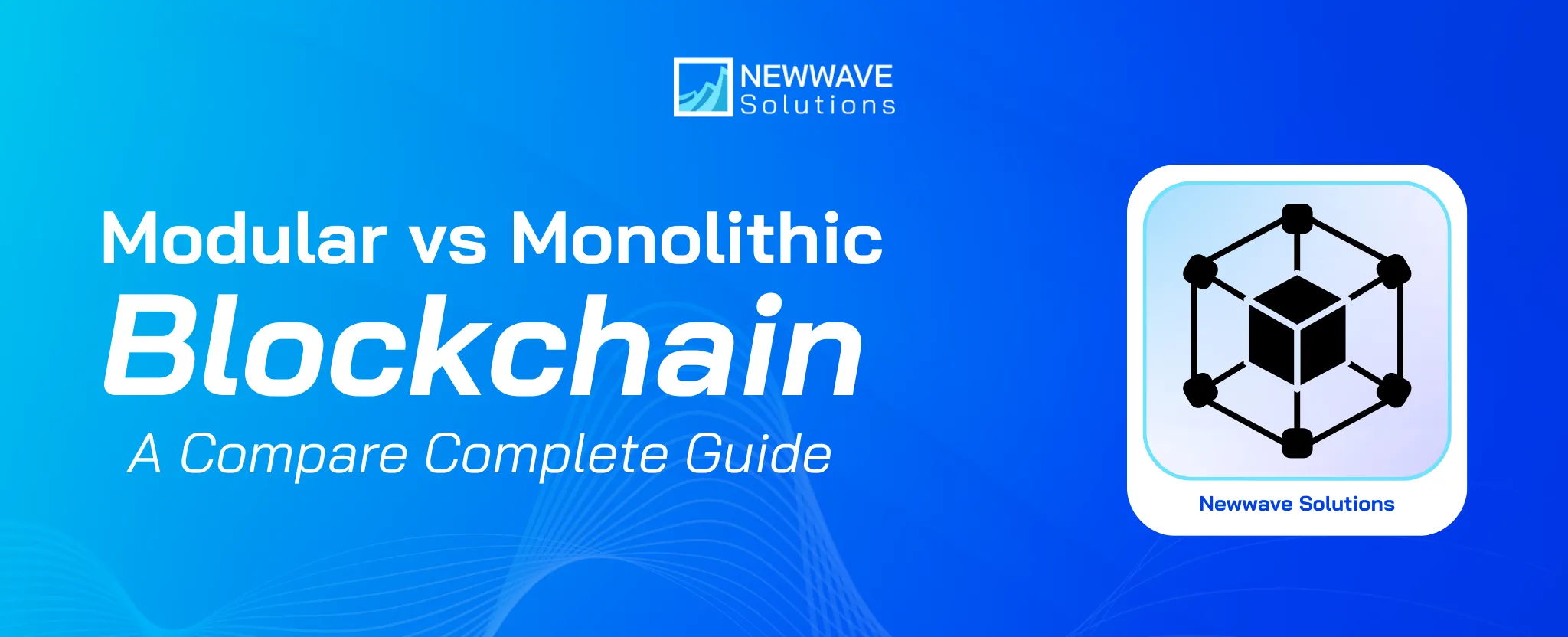
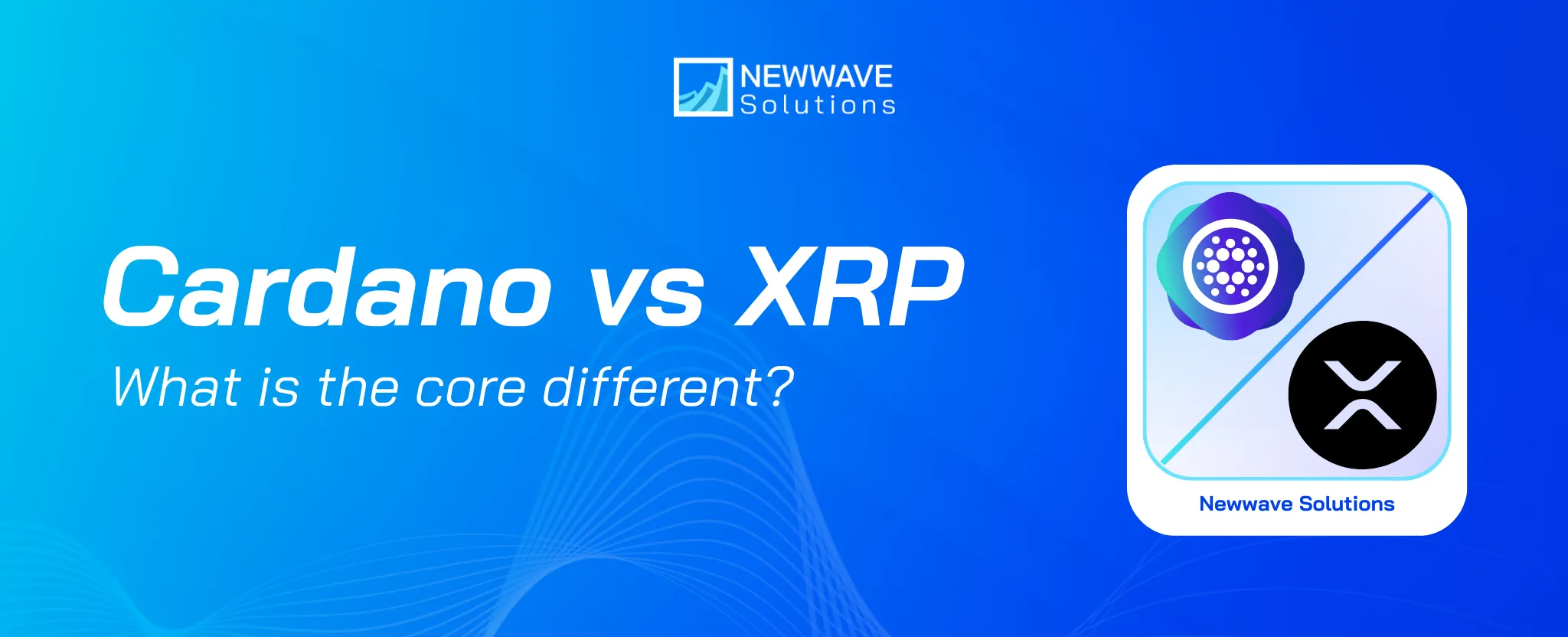
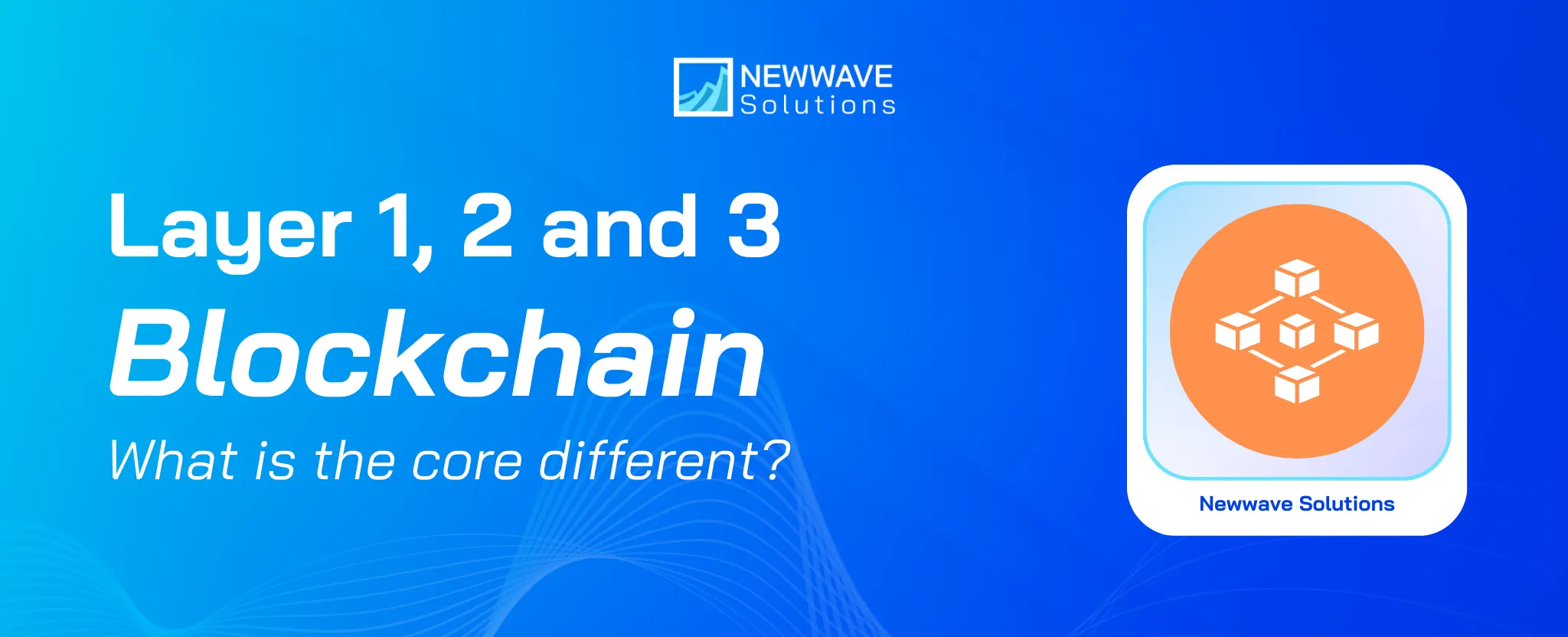
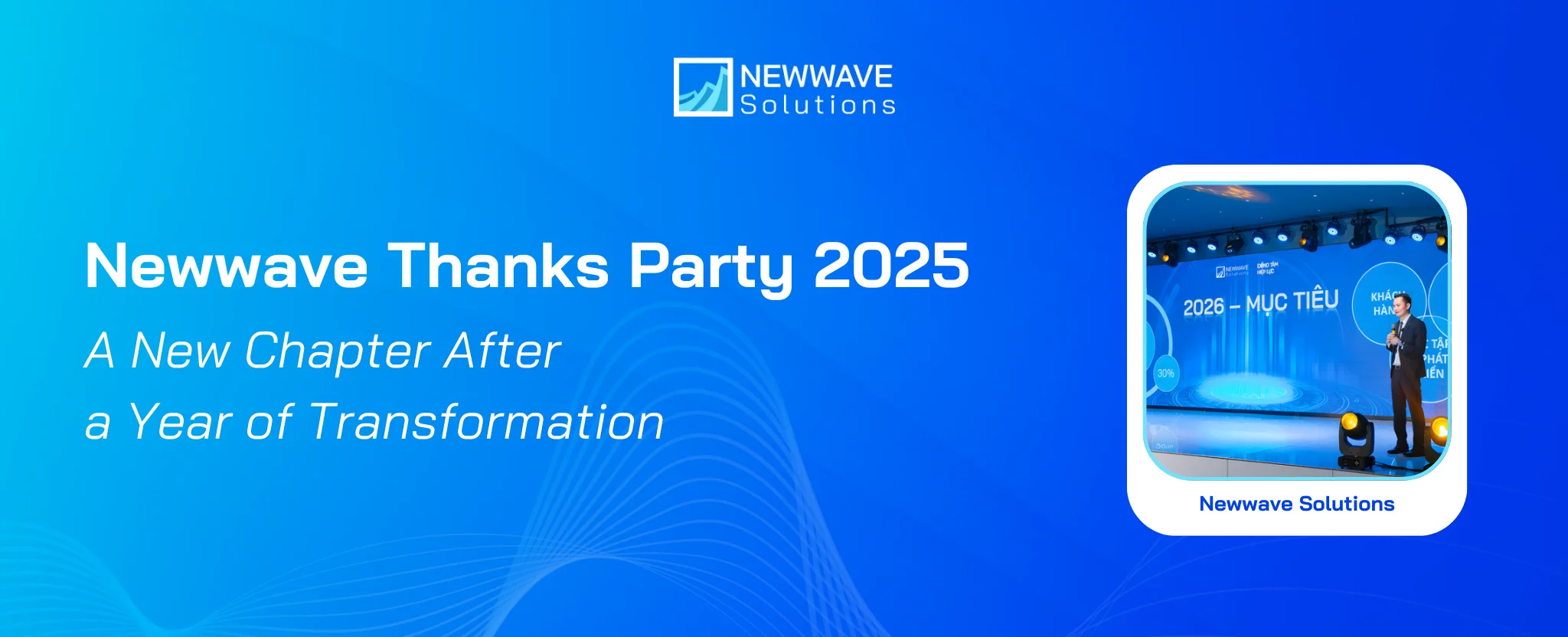
Leave a Reply